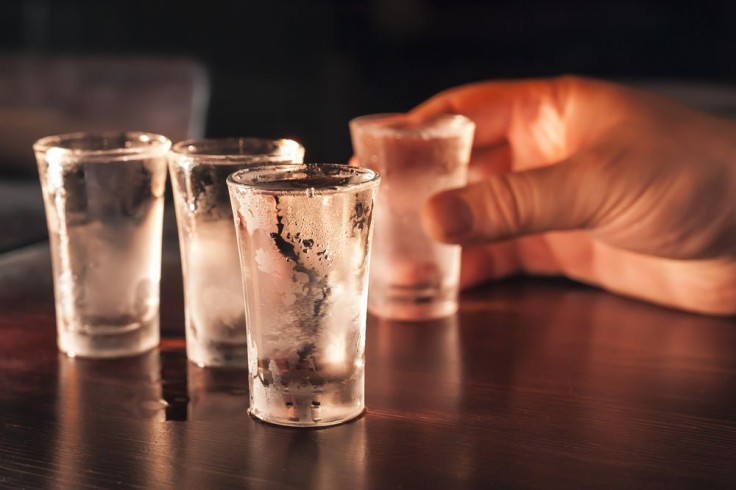Alcoholism Treatment? Anti-Seizure Drug, Ezogabine, Cuts Alcohol Intake In Rat Model

New research shows that an anti-seizure drug may help alcoholics drink less, providing a possible new prevention strategy against one of the nation’s most common health issues.
Dr. Clifford Knapp, a researcher at Boston University School of Medicine and lead author of the new study, said the findings show how the anticonvulsant ezogabine may reduce alcohol consumption by influencing brain chemistry associated with reward stimuli.
“This finding is of importance because ezogabine acts by opening a particular type of potassium channel in the brain, called the Kv7 channel, which regulates activity in areas of the brain that are believed to regulate the rewarding effects of alcohol,” he explained in a press release. “This research indicates that drugs that open Kv7 channels might be of value in the treatment of alcoholism.”
According to the Centers for Disease Control and Prevention, alcohol abuse is one of our most common and costly health problems, with over 20,000 deaths each year. Binge drinking, or the consumption of four to five drinks within two hours, is also the direct cause of over 14,406 cases of liver disease and 50,000 cases of alcohol poisoning annually.
The new study, which is published in the American Journal of Drug and Alcohol Abuse, describes how the drug decreased ethanol consumption in a rat model of alcoholism. However, before the proposed therapy can be adapted for human use, certain side effects must be addressed. “Because of the close proximity of the doses at which ezogabine reduces drinking and those at which it is reported to produce motor impairment, it is still important to continue to investigate how selective the actions of ezogabine are on the neuronal mechanisms that control alcohol consumption,” Knapp told reporters.
Knapp’s study is the latest in a growing series of attempts to find novel strategies against excessive alcohol consumption. Another recent example is the Addiction-Comprehensive Health Enhancement Support System (A-CHESS) — a smartphone app that helps alcoholics cut the amount of risky drinking days and avoid relapse following treatment.
Source: Knapp CM, O’Malley M, Datta S, Ciraulo DA. The Kv7 potassium channel activator retigabine decreases alcohol consumption in rats. The American Journal of Drug and Alcohol Abuse. 2014.



























